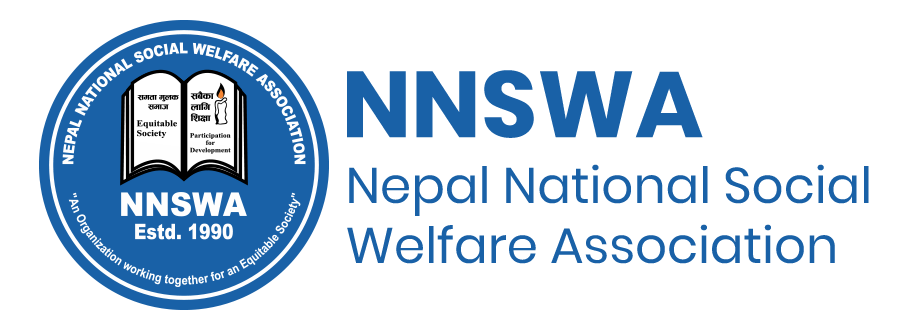Managing Risks through Economic Development (M-RED)

INTRODUCTION
M-RED is designed with a purview of 3 years’ timeframe and specific targets under three defined outcomes. Under each of these, there are total of ten objectives that serve to achieve the greater goal that 11 vulnerable communities in Punarwas and Shuklaphata are increasing self-sustaining disaster readiness capacities (skills, information, and resources) to prepare for, withstand and mitigate the impacts of natural hazards and climate-related shocks and stresses.
|
Managing Risks through Economic Development (M-RED) |
|
|
Starting Date |
December 2022 |
|
Duration |
|
|
Partners |
Mercy Corps Nepal, Dhangadhi |
|
Target Area |
Nine communities of Punarwas Municipality and 2 communities of Shuklaphata Municipalities. |
|
Participants |
|
|
Funding Source |
Margaret A. Cargill Philanthropies |
Project summary
NNSWA has been implementing Managing Risk through Economic Development project to build a disaster ready community by strengthening the capacity of vulnerable communities to minimize the impact on life and livelihood caused by natural hazards or climate-related shocks and stresses by building a sustainable model of Disaster Risk Reduction (DRR) through multi-stakeholder partnerships with the government, the private sector, and civil society.
NNSWA has been working to empower smallholder farmers to build their own resilience through economic and ecological systems that support communities to manage shocks and stresses. Rooted in traditional DRR programming, Program strengthens social capital and physical systems by working with disaster management committees (DMC) linked to local and national DRR institutions to enhance early warning systems (EWS), disaster response, mitigation, and preparedness. The project's nexus approach promotes the adoption of agricultural commodities that have economic growth and income-earning potential while supporting climate adaptation and disaster preparedness. Project works in Doda River basin affected 11 Communities (where 9 communities of Punarwas Municipality and 2 communities of Shuklaphata Municipality)of Kanchanpur district with an implementing partner and coordinating different stakeholders as private sector, civil society, and public sector. Project has a robust partnership with the government of Nepal (GoN), private sector and communities which resulted in increased investments to sustain program advances and replicate the Project model in additional communities through non-program resources.
Goal:
Accelerate the replication and scale up the M-RED disaster-readiness approach in target geographies through a multi-pronged strategy: increasing self-sustaining disaster readiness capacities in Phase III target communities, accelerating M-RED expansion in new communities, and influencing the enabling conditions needed to promote sustainability, replication, and scale while promoting innovation through early action and localization.
Outcome 1 Vulnerable communities will have improved disaster readiness, engaging inclusive community disaster risk management groups and promoting adoption of risk mitigating livelihood practices to strengthen assets, capacities, and behaviors to anticipate, prepare and respond to hazards.
Outcome 2 Formal Partnerships with national and provincial government agencies, local governments, and private sector actors will be established and strengthened to build enabling environments that can enhance the disaster-ready capacities of communities
Outcome 3 Learning sharing events will be conducted for adaptive management within the program and dissemination of best practices to influence stakeholders to promote and scale disaster readiness approach beyond target geographies.
